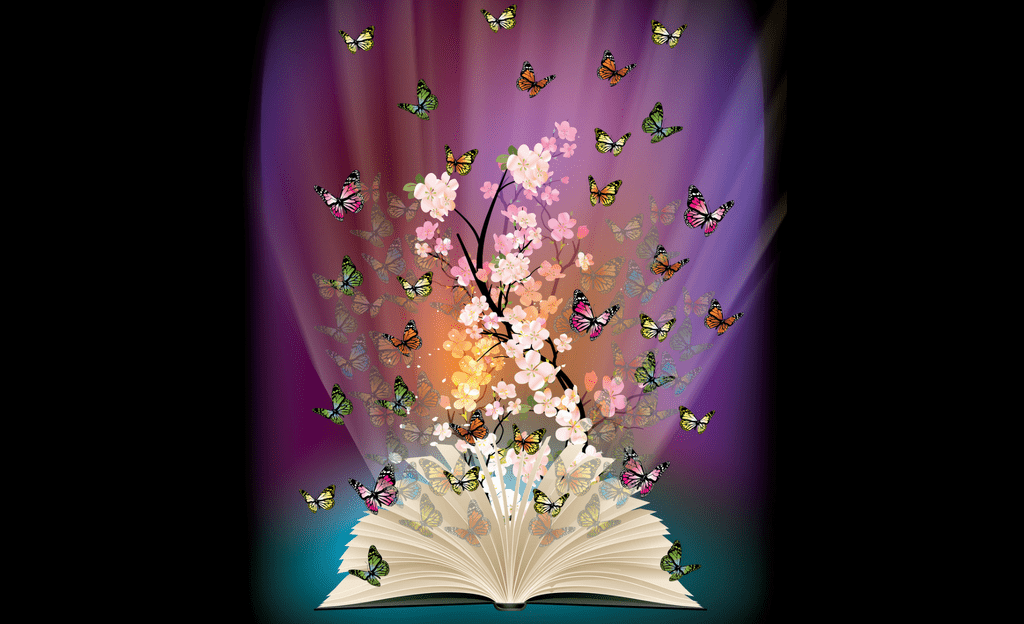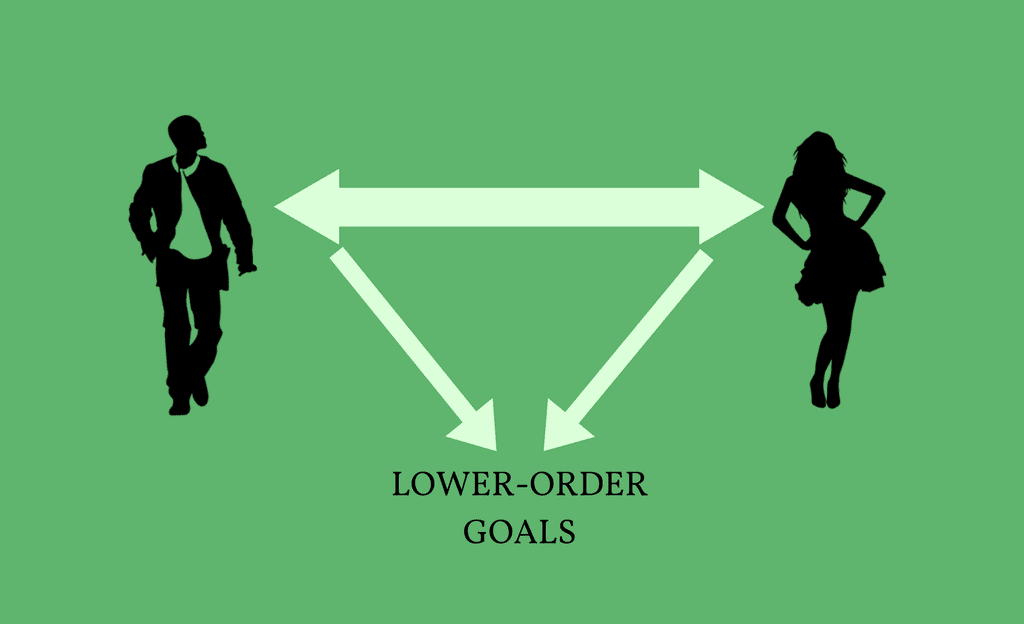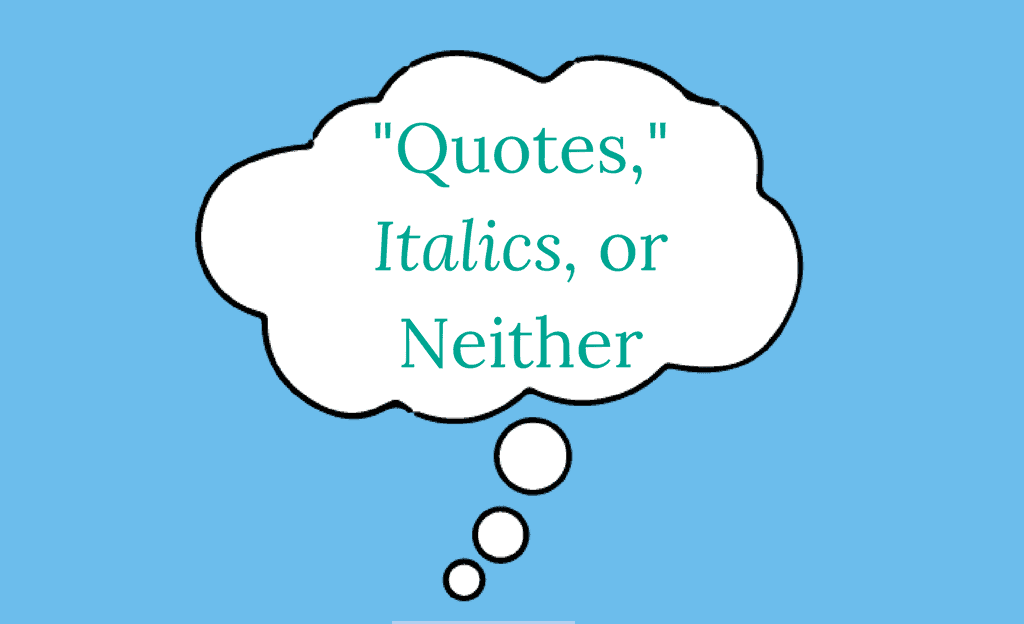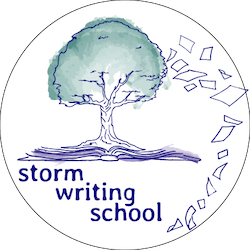How to Use Objects to Create More Powerful Stories

Objects are crucial to a story’s being unique and affecting. Here, we look at 5 ways to use objects to tighten up your story and make it more powerful.
The Pitfalls of Emotional Body Language in Your Writing

Physical expressions of emotion can be problematic, even though they’re justified by the “Show, don’t tell” mandate. But there are often better, more artful ways to give us insights into the interiority of your POV characters.
Use Beats to Move Characters within Scenes

How do you create a dynamic, consequential scene–one that actually moves the character? You use beats within the scene to create disturbances and shifts. This analysis can help your revision; it’s all about bringing character arc to the scene level.
Stretch Tension to Maximize Suspense

Do you take us to a point of conflict and then, rather than allow us to see it play out and get all worried about the outcome, you summarize it or just resolve it quickly? Stretching tension means you lengthen the scene but also make it more gripping. Don’t push the action off-stage or rush through it. Linger on the most tense moments of the story to maximize engagement.
4 Common Failures in Story Cause/Effect

Causality governs story events. You want your story to feel authentic, believable, and seamless. You don’t want any of the events or reactions within the story to draw attention to themselves. They must be earned. This article examines common failures to earn story developments.
Triangulate Dialogue

To avoid flat dialogue scenes, learn to triangulate the characters’ interaction with a lower-order goal.
Escalating Complications

“Escalating complications” is my preferred term for what’s commonly known as “rising action.” What is rising action? And how can you use it to maintain reader engagement in the middles of your scenes and stories? We take a lesson from iguanas and snakes here.
Formatting Character Thoughts

Is it better to format character thoughts with quote marks or italics? I say neither. No special formatting is necessary to signify character thinking. You just need some solid narration.
Should You Use Dialogue Tags Other Than “Said”?

Should you use synonyms for “said”? Some writing advice claims “said is dead”; others look disparagingly upon “saidisms,” the fancier cousins of “said.” Here’s the rule of thumb.
How to Create Story Momentum

A story with momentum makes me want to know what’s going to happen next, and makes me care about the characters, objectives, conflicts, and action.
